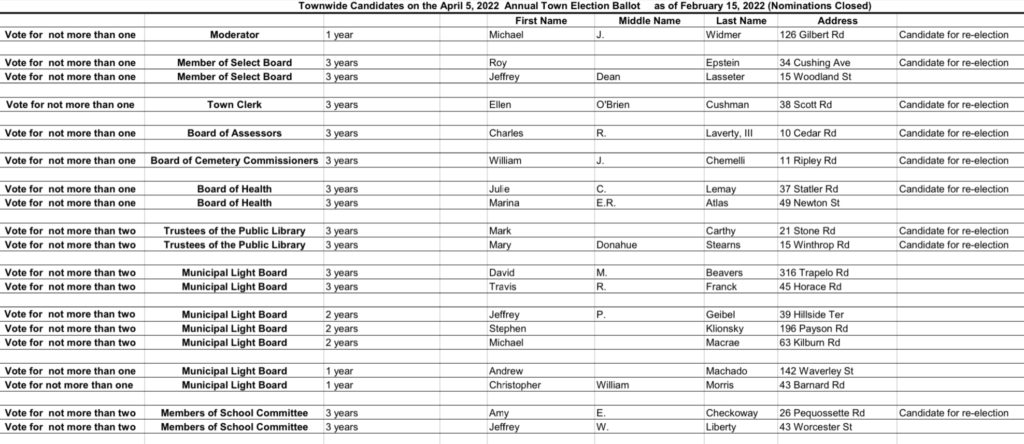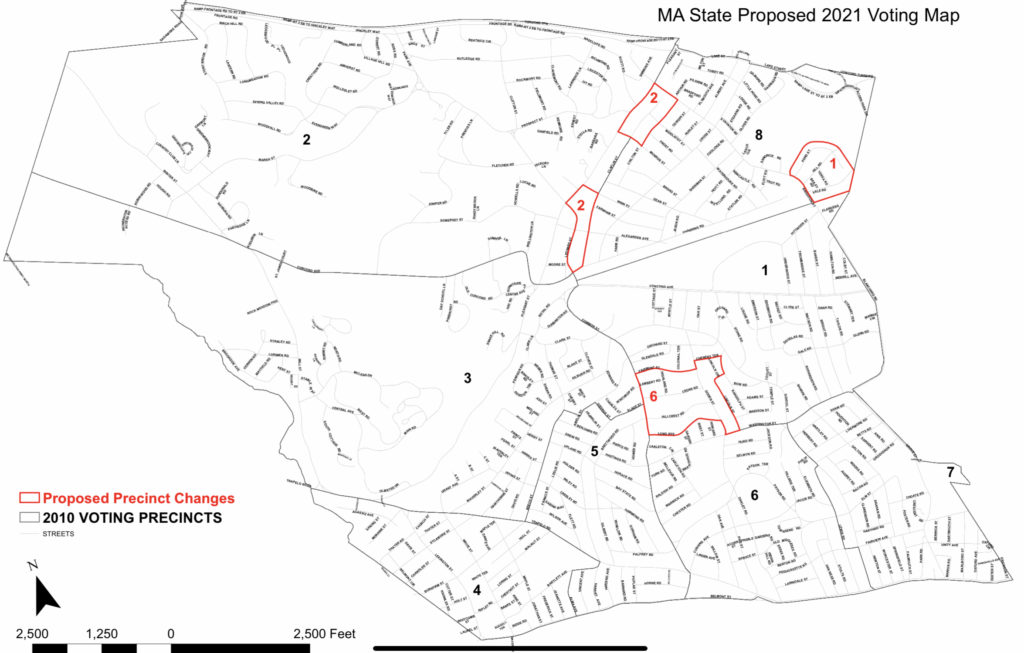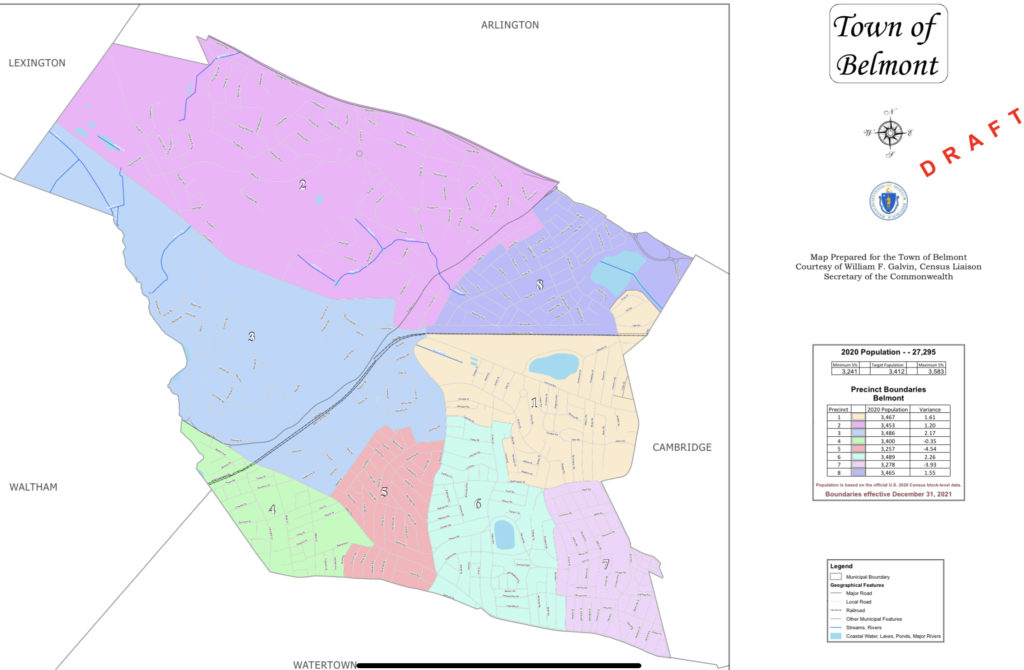Photo:
Amy Checkoway is running unopposed for a second three-year term on the Belmont School Committee where she is the current chair. Checkoway has been a senior project manager for nearly 20 years with the research consultancy Abt Associates and was active in her local PTO and school activities before running for public office in 2019. She matriculated at Brown (Public Policy and American Civilization) before earning her Masters in Public Policy at Harvard’s Kennedy School.
Q: You served during what everyone has said was the most trying time to be a school committee member. From making snap decisions on new procedures and ways of learning to what a segment of the residents/parents believed were harsh restrictions on in-school instruction and mask mandates. What was the most difficult decision that you made during the pandemic for you personally and do you have second thought about it?
A: One of many difficult decisions was to start the 2021-22 school year remotely. With hindsight, I have second thoughts about many decisions made during the pandemic and how we approached planning generally. The School Committee should have worked more closely with district leadership during the summer of 2021 to develop better and more agile hybrid plans. We were too reactive and there was too much waiting for guidance from above, and not enough proactive planning. We should have done a better job at communicating and partnering with parents/guardians. We also should have been more transparent about our decision-making processes and more open about the challenges that we were facing.
Q: How has living through the pandemic change the relationship of the school committee with the school administration and parents? Is it for the better?
A: Living through the pandemic certainly intensified the relationships between all parties. We were all forced to interact in ways and about issues that we never had encountered before. I do not think that confidence and trust has been completely restored yet, as some relationships remain frayed. One thing that I hope we can hold onto and continue to improve is deeper family engagement and participation in School Committee meetings and district decision-making.
Q: There continues to be tension with segments of the population and the schools. What would you do to “lower the heat” and bring a sense of collegiality for all sides.
A: This will require a lot of listening, assuming positive intent, a willingness to compromise, making space for all sides to share their perspectives, and trying to see value in all suggestions, even if our immediate instinct is to disagree. Social media tends to “raise the heat” and be dominated by a small number of voices. Creating more opportunities for in-person interactions and two-way conversations with different segments of the population will be helpful.
Q: What are some of ideas/concerns/objectives will you personally advocate for during the next three years?
Q: What do you enjoy about being a member of the school committee?
A: I enjoy building relationships with and learning from other School Committee members, district staff, students, and parents. I enjoy when I can serve as a bridge between the school community and district administration. I enjoy when I can effectively facilitate and/or influence a discussion about how to better serve students. And I enjoy when I can answer a question or help a parent/guardian with an issue.
Q: What’s it like having a trombonist in the house?
A: Loud. And my other son is a percussionist!


